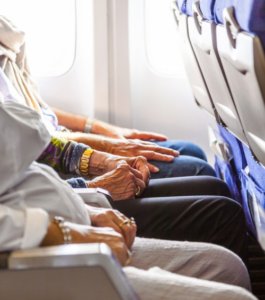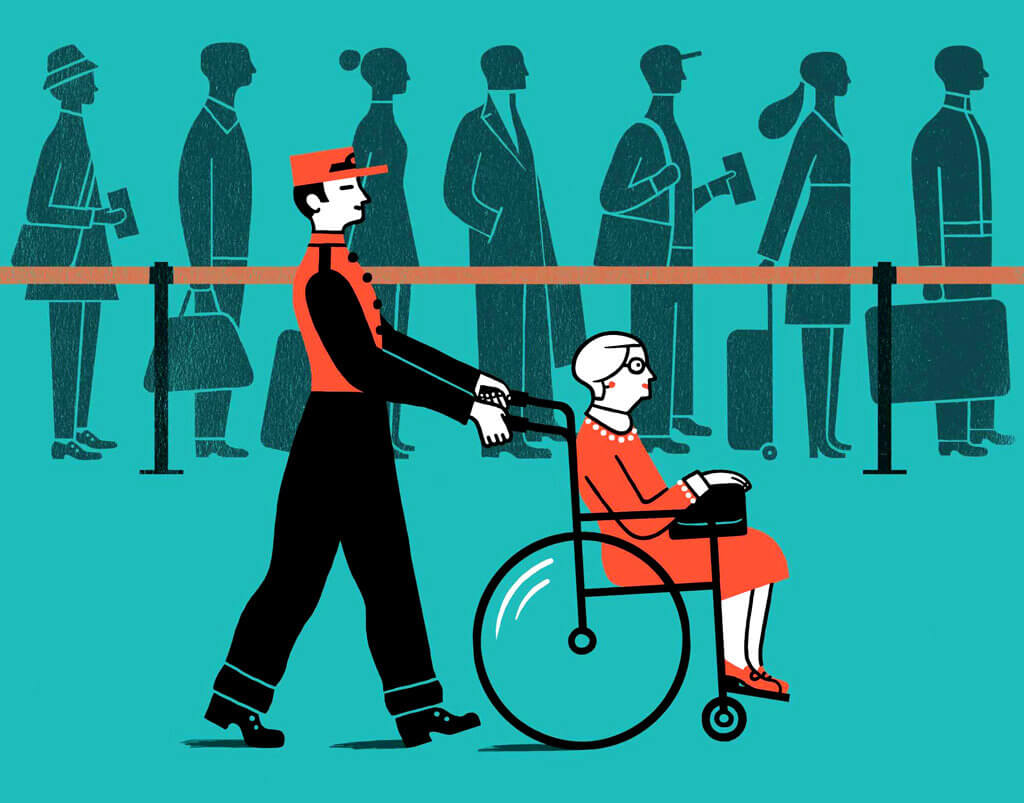The younger generation in most families have migrated in search of greener pastures and overseas air travel has become a must for the elderly in most families (whether they like it or not!) Here are a few suggestions to make air travel safe and smooth for them.
Health tips for senior citizens- click here.
Points to remember:
- Carry enough of all of your medicines in your carry-on luggage. Ask your doctor whether you should change your dosages if your eating and sleeping times will change at your destination. Bring enough medicine to last your whole trip. Take extra medicine with you in case your return trip is delayed.
- If you have diabetes or epilepsy, carry a notification and identification card. Have the name and phone number of your doctor with you in case of an emergency. Remember to bring along the names and dosages of all of your medicines.
- Make sure you intake nonalcoholic, decaffeinated beverages and water during flight travel to avoid becoming dehydrated.
Tackling Jet lag:
- Get adequate sleep before the travel.
- Avoid drinking alcohol.
- Eat well-balanced meals.
- Avoid overeating.
- Exercise as much as you can on your trip.
- Use sleep medicines for only a few days.
Get used to a new time zone by going along with the local meal and bedtime schedules.
Are you a frequent air traveller? Here’s what you should know about DVT

Pain in the ears:
If your ears hurt when you fly, try taking a decongestant medicine before you get on the plane. You can also swallow often and chew gum during the flight. Babies can suck on bottles or pacifiers during the flight.
Even healthy people can get blood clots in their legs after long flights. Try to walk at small intervals during your flight (unless the crew tells you not to). It also helps to drink enough water, to stretch your calf muscles while you’re sitting and to wear support stockings.
If you have any other useful tip that you practise during your long distance flight, tell us in the comments below.
Pic courtesy: nytimes.com
